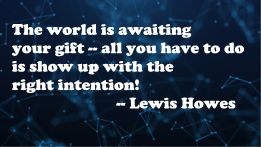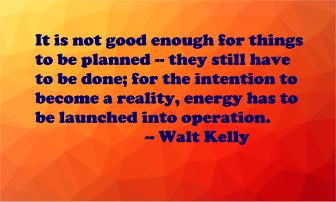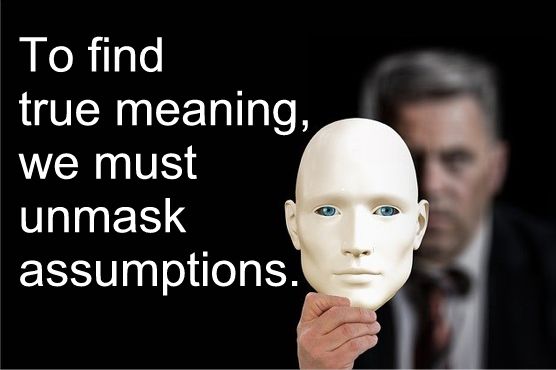Let’s start by defining the difference between trying and efforting. I see a difference. Trying is making a concerted attempt to accomplish an ideal goal. Something noble in its purpose, and within our means to attain. It is a desirable trait. We learn when we attempt new things. Efforting, on the other hand, is when you exert vast amounts of energy and resources on a project, task, or goal in the hope of accomplishing something not within your ability or responsibility to do.
Efforting tasks may not always be easy to spot. But there are some telltale signs. It feels like you are attempting to swim up a waterfall. You may make small, imperceptible inroads, but in the end, it is an impossible task. It simply is not meant to be. Here are a few examples that explain why they are not in your best interests to follow.
When Your Efforts Involve Changing Another Person’s Behavior
You have no right to spend your energy and resources on changing another adult’s behavior. Your responsibility is your own behavior; their behavior is their own responsibility. Laws exist to encourage socially acceptable behavior and these are proper. But in the end, someone else’s choices must remain their own. If you are attempting to change the behavior of someone close to you because it is so disagreeable that it causes you pain, your only choice is to leave that situation.

Children are the exception here. As a parent, it is your responsibility to raise your children to the best of your ability so that they will want to emulate your values and become respected members of society. Once they reach adulthood, their choices are their own.
When Your Efforts Don’t Align with Your Higher Good
This one is a little trickier to identify. If you have developed a strong spiritual connection, it will be more apparent; but may still be difficult to see. One key feature of an effort not aligned with your higher good is when the task is more draining than exhilarating. You don’t have to give up on it immediately, but it’s important to take a deeper look at it. Listen to your inner voice. One way I like to resolve an issue I’m not sure about is to enter a hypnogogic (between wakefulness and sleep) or hypnopompic (between sleep and wakefulness) state and ask myself to reveal the answer.
When Your Motivation Involves Greed or Power
We are all vulnerable to egoistic motivations. No matter how pure you feel your motivation is, it can be corrupted. Self-centered greed and lust for power don’t align with the higher good. If you feel that something is “off” in your efforts, this may be a reason. Stop, and reexamine your incentives. Take a good look at your reasons. Do they align with what is good for everyone involved?
When you reach a point when you feel weighed down by your attempts to achieve a goal, take a moment to look at why you are failing. It may be that you need to change directions. These times can be the most powerful self-teaching moments.
Copyright 2022, Monica Nelson











